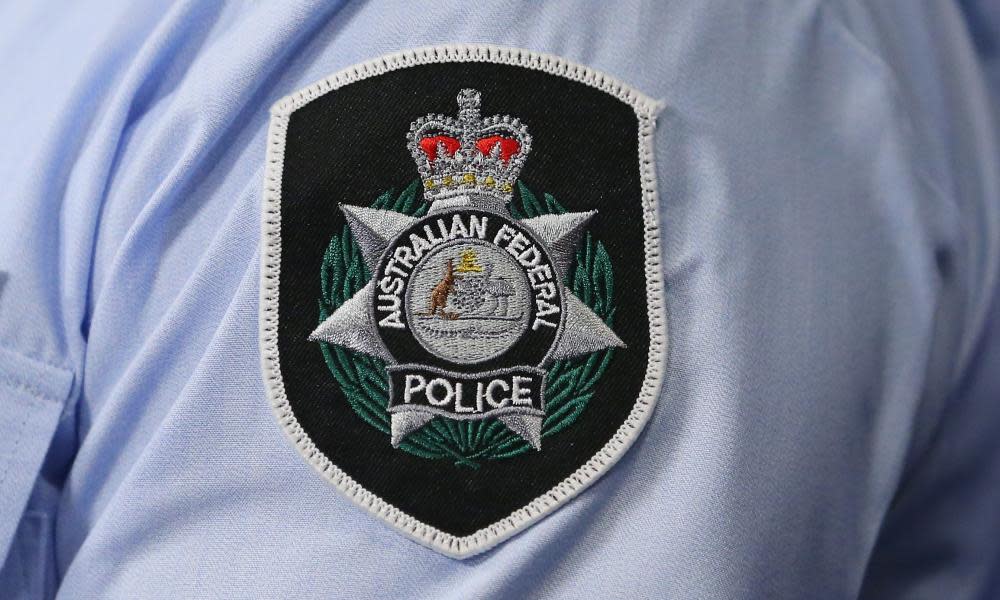Corruption complaints within Australia’s law enforcement agencies soar

Corruption complaints within Australia’s law enforcement agencies have surged to their highest level in 15 years, with almost 500 matters referred for investigation last year.
An annual report by the Australian Commission for Law Enforcement Integrity found that most of the referrals came from the home affairs department, with a “bulk referral” coming from the agency after an internal audit found “hundreds of instances of unauthorised access that could have otherwise gone undetected”.
Aclei undertakes corruption investigations into conduct within nine government agencies.
Related: Independent will lobby Coalition MPs to support proposed anti-corruption commission
Its annual report says that in 2020-21 Aclei received “a greater number of notifications and referrals, and assessed a greater number of matters, than ever before and submitted the highest number of final investigation reports to the Attorney-General in any one year.”
“This is to say that in undertaking our key activities we have had the busiest year in our 15-year history,” said its commissioner, Jaala Hinchcliffe.
A total of 478 notifications and referrals of alleged corrupt conduct were received or initiated by Aclei in 2020-21, with 353 matters assessed as raising a corruption issue – a 62% increase compared with the previous year.
While Aclei’s remit was broadened in 2021 to take in the law enforcement functions of the Australian Taxation Office and financial regulators, only 12 corruption matters were raised from these new agencies.
Because Aclei is required to prioritise the most serious corruption offences, it investigated just 108 of the issues, while 306 were referred back to enforcement agencies for investigation and action.
Of the 35 corruption issue investigations finalised during the year, 10 corruption findings were made by Aclei, while agencies finalised 104 corruption investigations.
Eleven investigation reports were submitted to the attorney general, with six of these reports published.
The Aclei report says the corruption issues raised range from unauthorised access to “significant allegations relating to the supply of operational information to assist criminal activities, making operational decisions to benefit associates and receiving bribes”.
It identifies disclosure of information to companies seeking commercial advantages, criminal syndicates seeking to facilitate illegal conduct or evade justice, and in some cases family or friends, “including through a perceived sense of duty or a desire to increase social capital”.
Home affairs accounted for 71% of total matters received by Aclei, followed by the Australian federal police with 23%.
The rising number of referrals comes as the Coalition finalises a revised bill to establish a commonwealth integrity commission that will be introduced in this term of government.
The prime minister, Scott Morrison, promised before the last election that the Coalition would legislate a CIC, leading to a draft of the bill released last November.
The draft bill has drawn criticism for the softness of its approach, described as a “toothless tiger” with insufficient power to stamp out and deter corruption.
In a Senate estimates hearing on Tuesday, the attorney general, Michaelia Cash, said the government was considering feedback it had received through more than 300 submissions during the consultation process.
“The government undertook a comprehensive public consultation process on the exposure draft legislation,” she said.
“I have been considering the feedback through the consultation to further inform refinement of the exposure draft legislation before it is introduced to the parliament.”
Cash said the government’s intention was to introduce the bill in the current term of parliament. Previously she had indicated the bill would be introduced by the end of the year, but she said the timing would “be a decision of cabinet”.
The independent MP Helen Haines has introduced a rival bill for an Australian federal integrity commission, and is lobbying concerned government MPs to support her “robust” model, which has been endorsed by the Centre for Public Integrity as the best model in the country.

 Yahoo News
Yahoo News 
